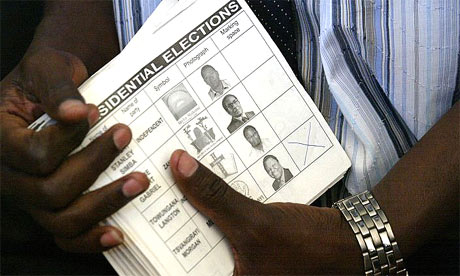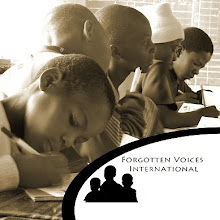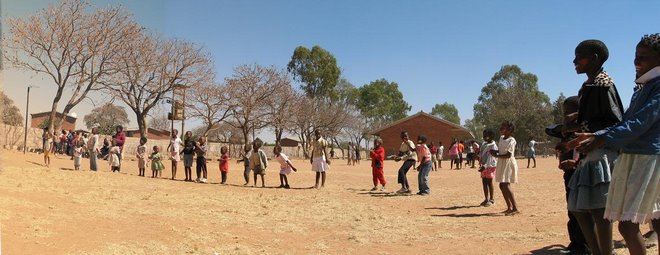
A Zimbabwe polling agent holds voting papers during a recount. Photograph: Desmond Kwande/AFP/Getty Images
Zimbabweans are bracing for a bloody second round of elections after government sources today said a recount of the presidential vote held a month ago shows that President Robert Mugabe lost to Morgan Tsvangirai but that neither won an outright majority.
Senior government sources told Reuters that Tsvangirai took 47% of the vote to 43% for Mugabe, a remarkable admission that the man who has ruled Zimbabwe for 28 years was beaten.
If those figures are confirmed by the state-run election commission, a run-off election is likely to be held before the end of May.
But the opposition Movement for Democratic Change (MDC) claims Tsvangirai has won an outright majority, based on the returns posted at each polling station, and said it will not participate in a second round of voting.
Tsvangirai's spokesman, George Sibotshiwe, accused the government of fixing the election results.
"As a people we voted and expressed ourselves democratically through the ballot and somebody is now trying to subvert our will. Mugabe now needs to concede defeat and step down," he said.
But Mugabe's Zanu-PF party is far from conceding defeat, despite also losing control of parliament for the first time since independence in 1980.
In the four weeks since the election, the ruling party has unleashed a campaign of violence and terror against opposition activists and supporters apparently aimed at discouraging support for the MDC in the run-off vote.
The opposition says at least 20 of its supporters have been murdered by a military-directed campaign with many hundreds more brutally beaten and thousands driven from their homes.
Tsvangirai has shifted position several times on the question of a second round.
At first he insisted that what he claimed was an outright win with 50.3% of the vote should be recognised.
Then he said he would be prepared to contest a run-off provided the government allows extensive international monitoring of the vote and count, including permitting the presence of organisations such as the United Nations, which was barred from the last election on the grounds it is under the control of imperialist powers.
However, Tsvangirai hardened his stance as the violence escalated against his supporters and again said he would not participate in another vote.
But that position may be hard to maintain given that Tsvangirai won just a fraction above the 50% threshold and risks appearing as if he is shying away from a one on one contest against Mugabe. The MDC also risks allowing Zimbabwe's president to claim victory by default.
Nonetheless, Mugabe will face an uphill struggle to win a second round. A third candidate, Simba Makoni, a former finance minister who broke with the president and was expelled from Zanu-PF, took nearly 10% of the vote, according to the government's figures.
A high proportion of Makoni's supporters are likely to go to Tsvangirai, particular the significant numbers of people who voted for Makoni in Matabeleland, where there has been deep hostility to Mugabe since the army's massacres in the province of dissidents and their families in the 1980s.
For now, Zanu-PF appears to be relying on its tested tactic of violence and intimidation to swing the vote back in its favour.
Last month's ballot was peaceful compared to other recent elections in which the opposition was prevented from campaigning in many rural areas through the killing and beatings of its activists. The ruling party appears to have drawn the lesson that the lack of intimidation swung the vote against Mugabe and it is now pursuing a highly organised strategy of identifying villages and towns that went over to the opposition and is targeting them with violence.
Human Rights Watch (HRW) has accused the army of directing the attacks, and of providing weapons and transport to Zanu-PF militia.
"The army and its allies - 'war-veterans' and supporters of the ruling party Zanu-PF - are intensifying their brutal grip on wide swathes of rural Zimbabwe to ensure that a possible second round of presidential elections goes their way," said Georgette Gagnon, the group's Africa director.
HRW also said it has identified two cases of "revenge attacks" by MDC activists.
But despite the considerable evidence of a state-run campaign against opposition supporters, Zimbabwe's police chief, Augustine Chihuri, today blamed the MDC for the violence.
"The old trick of claiming human rights violations when somebody steps on your toe, yet you yourself are poking out other people's eyes, will not work this time around," he said.
Before the election, Chihuri said he would not allow "puppets" to take power. Mugabe has repeatedly described Tsvangirai as a puppet of British imperialism.





No comments:
Post a Comment